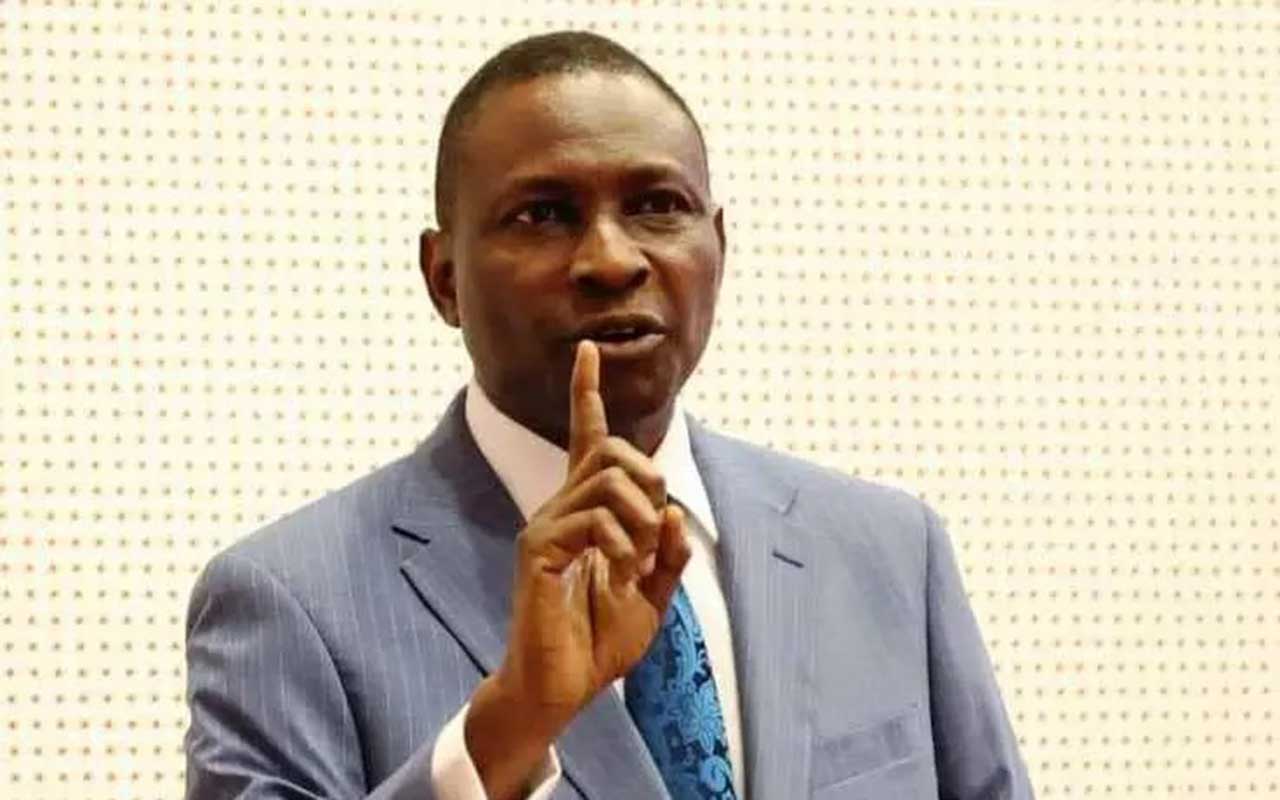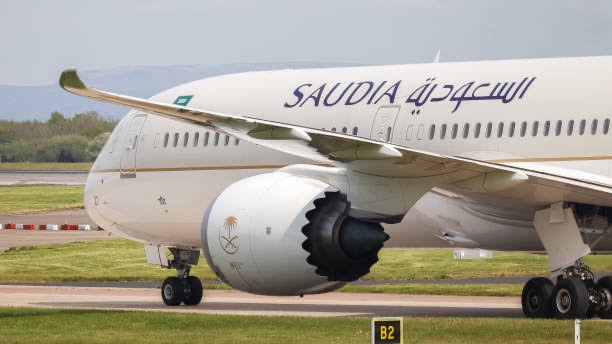President Bola Tinubu says Africa holds a significant portion of the world’s mineral reserves, including 92 per cent of global platinum, 56 per cent of cobalt, and 54 per cent of manganese, yet underdeveloped.
The President attributed the continent’s underdevelopment to the fact that the resources were primarily extracted and exported to foreign countries for refining and manufacturing.
Tinubu, represented by his Vice, Kashim Shettima, stated this in a keynote address, during the African Minerals Strategy Group (AMSG) meeting, held on the sidelines of the ongoing 79th Session of the United Nations General Assembly in New York, United States.
A statement on the event was made available to newsmen in Abuja by Mr Stanley Nkwocha, the spokesperson of the president.
In the statement, the President noted that extracting raw minerals in Africa had continued to keep the continent in a state of poverty
According to him, the extraction of raw minerals without local processing only deepens Africa’s underdevelopment and prolongs its economic challenges.
Tinubu, therefore, stressed the urgent need for the continent to break free from the dependency.
“This has left the continent at the mercy of foreign markets, forcing it to repurchase finished products at much higher prices.
“A situation in which the raw minerals are extracted from our countries, exported, refined, and sold to us as finished products merely consolidates the foundations of our misery and pushes us further down the depths of underdevelopment,” he said.
The President called on African nations to adopt a new agenda that prioritised local value addition, which was essential to industrialising the continent and providing sustainable economic growth.
On the evolution of lithium-ion technology, Tinubu noted that the development had enabled the swift production and manufacturing of portable consumer electronics such as laptops, computers, cellular phones, and electric cars.
“We live in a world of electronic mobility in which lithium-powered batteries provide higher specific energy, higher energy density, higher energy efficiency, longer cycle life, and longer calendar life.
“The global need for new battery technology has triggered a new scramble for Africa’s critical minerals.
“Africa possesses 92 per cent of global reserves of platinum, 56 per cent of Cobalt, 54 per cent of Manganese and 36 per cent of Chromium.
” These are the minerals employed in the manufacturing of the new batteries. In short, the world needs Africa today more than ever,” he said.
Tinubu further emphasised Africa’s determination to move beyond the historical exploitation of its resources, advocating the localisation of the entire mineral value chain within the continent.
He assured of his administration’s commitment to adding local value to Nigeria’s mineral resources as part of the Africa Minerals Strategy Group’s (AMSG) vision chaired by Nigeria’s Minister of Solid Minerals Development, Dele Alake.
Tinubu drew attention to Nigeria’s vast market of over 226 million people, adding that the success of the country’s 10 billion dollars telecoms market is proof of its growth potential
” This is evident in the manufacturing of Lithium batteries, concentrates and components to set up their business and domesticate the value chain from extraction to production in Nigeria.”
He affirmed that the AMSG was focused on transforming Africa from a supplier of raw materials into a global mining industry stakeholder.
On his part, the Minister of Solid Minerals, Dele Alake, who spoke in his capacity as the Chairman of the Africa Minerals Strategy Group, laid out the group’s vision to transform Africa’s mining industry through local value addition and industrialisation.
The minister criticised the traditional model of mineral extraction in Africa where raw materials are exported for processing abroad.
This, according to him, resulted in the loss of economic opportunities and jobs on the continent.
He maintained that the pattern of trade had left African nations vulnerable, as they were forced to import finished goods at inflated prices.
Alake proposed a shift towards local value addition – processing raw minerals into finished goods within Africa – as a strategy for enhancing the continent’s economic independence and contributing more significantly to its GDP.
He acknowledged that, although the continent faces significant developmental challenges, Africa’s natural wealth provides a pathway to prosperity if leveraged correctly.
The General Secretary of AMSG, Mr Moses Engadu, called for a new vision and political will among African leaders to ensure value addition becomes a sacrosanct condition to granting mineral license to any investor.
The roundtable had representatives from investors, development partners, multilateral institutions and major financial institutions in attendance.
Don’t Miss The Opportunity Awaiting You. Click the link below 👇
https://faikudoka.net/4/5193489
Please don’t forget to “Allow the notification” so you will be the first to get our gist when we publish it.
Drop your comment in the section below, and don’t forget to share the post.
Never Miss A Single News Or Gists, Kindly Join Us On WhatsApp Channel:
https://whatsapp.com/channel/0029Vad8g81Eawdsio6INn3B
Telegram Channel:
https://t.me/gistsmateNG





